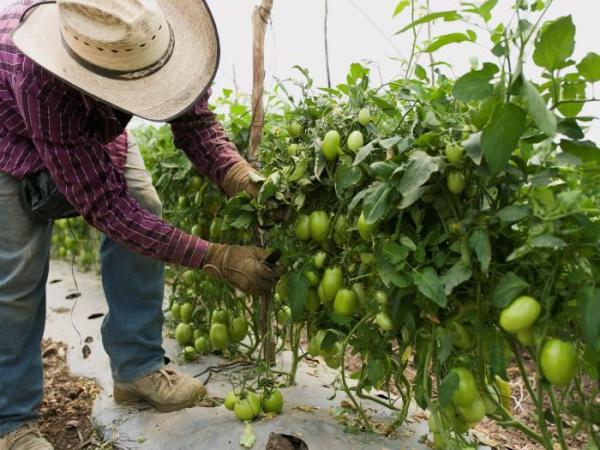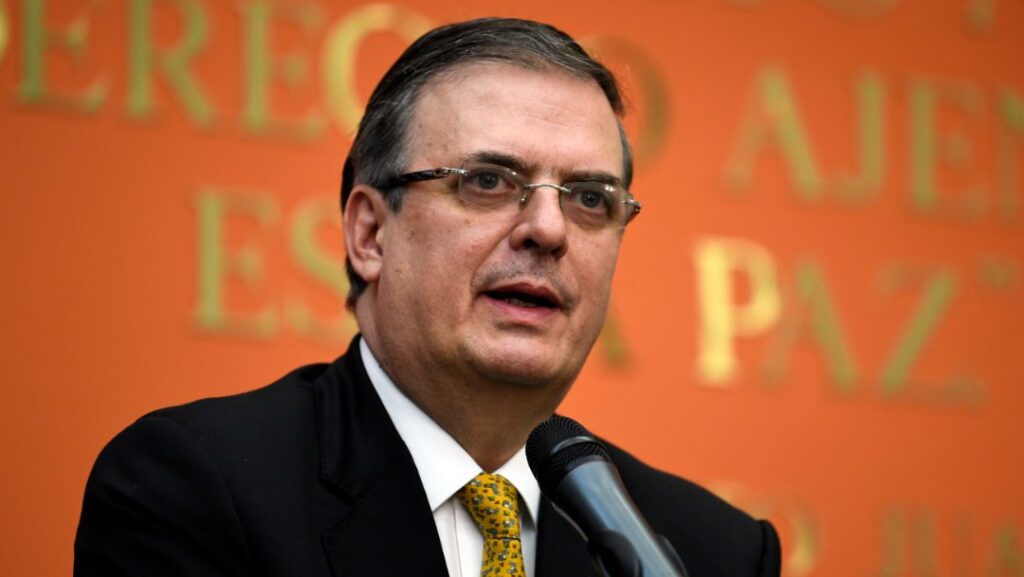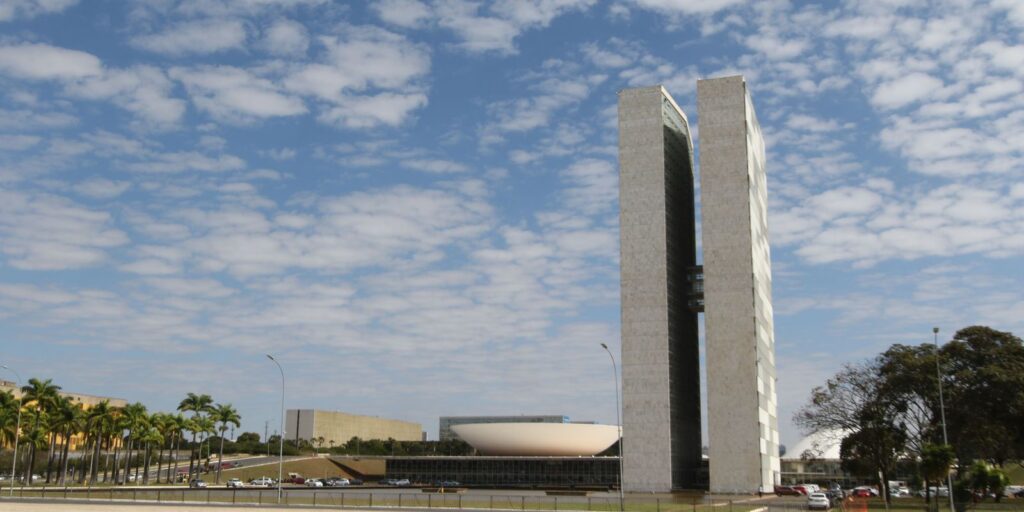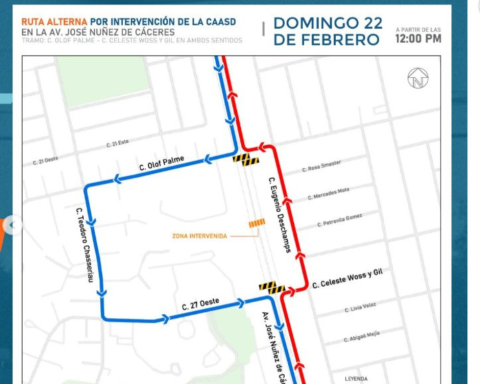The issue of food safety came back to the table. And also energy, which go hand in hand. Laps gives life. From the decade of the 90s, which began under the sign of what was then known as the Washington Consensus, which raised the debauchery of market forces to the category of god of the economy, the fate of the poorest suffered the deepest setback in our recent history.
(High inflation would drive a new hike in the Issuer’s rates).
At that time, that of the praised opening, those of us who dared to question that doctrine were branded as anachronistic. But the behavior of productive apparatusunfortunately, granted us the reason.
In the case of farming, a quarter of the cultivated area of the territory was lost during that decade. One million hectares. Food imports multiplied by seven times. The fields were filled with coca crops, as has now happened again after the so-called peace agreement, until placing the country in first place in world production of that species. Guerrilla and paramilitary fronts linked to the business flourished everywhere. And, as a result, democracy ended up being severely damaged, along with the widening of the inequality gap between rural and urban dwellers.
(Colombia would be the fourth country with the highest economic growth in Latam).
Since then, the food dominance of inflation has been a constantand, consequently, the biggest headache of the monetary authority.
Today, after more than twenty years, external shocks, not controllable by the institutions in charge of macroeconomic management, such as climate change; commercial confrontations such as the one between China and the United States; the recurring restrictions and even prohibitions on food exports such as meat in Argentina and rice in Vietnam and Thailand; and the Russian invasion of Ukraine – the two nations that together make up the planet’s second largest source of energy, fertilizer and grain – has put the world’s normal supply of food and energy in serious jeopardy.
Geopolitical and climatic phenomena, such as those referred to, which deviate from the so-called fundamentals of the economy, are usually unpredictable and cause alterations in food and energy security, which should be understood as free and expeditious access to supply. But as we have experienced, that theory rarely works in reality. Then it is crucial, as far as possible, to have a garden and own power generation. Essential foundation of national security.
Hence, the return of inflation, via food and energy, the old pandemic that in history has materialized not only in economic disarray, but also in tears and social ruptures leading to internal and external conflicts.
What should the central bank do? Not necessarily to react in the first instance to supply shocks, since the instruments it has -reference interest rate, regulation of liquidity, that is, the amount of money in circulation, bank reserves, etc.-, are designed solely to regulate demand. Unless the expectations of economic agents about inflation are altered, and are disassociated from the goal set by its Board of Directors, as is the current case. In terms of monetary policy, there is nothing more relevant than expectations about inflation.
And on the food supply side, start with the foundations of a sustainable, competitive and equitable rural market economy. That is to say, to guarantee legal certainty over the property rights of the land, passing through the cadastral update and the massive securitization of properties under the use of informal holders. The optimization of the current agricultural frontier through an extensive program of construction of tertiary roads. The promotion of land tenure modalities different from conventional property, with long terms, not less than fifteen or twenty years, such as lease, usufruct, loan, or joint accounts, in order to give access to it to young talents , with the aim of occupying fifteen million hectares suitable for agricultural production, but idle.
Enormous potential to satisfy our food security and that of other markets, and help control inflation.
CARLOS GUSTAVO CANO
BRIEFCASE

















